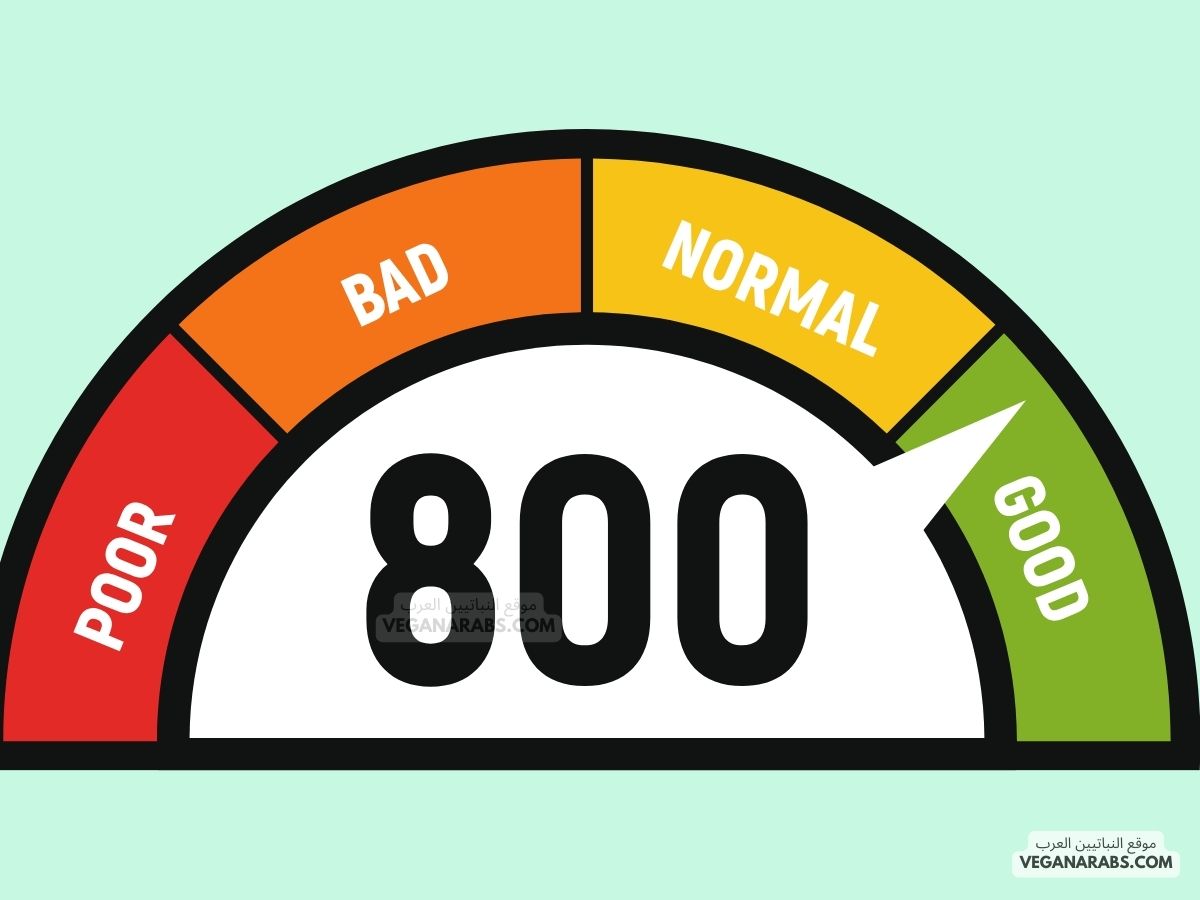A credit score might sound like something complicated, but it’s actually pretty simple!
Think of it as a grade for how good you are at borrowing and paying back money.
What Is a Credit Score
A credit score is a number that shows how good you are with money when you borrow it.
The score is usually between 300 and 850.
Higher scores are better: They show you’re responsible with money.
Lower scores need work: They mean you’ve had trouble paying bills or loans.
Banks and credit card companies look at your credit score to decide if they’ll let you borrow money or give you a credit card.
Why Is Your Credit Score Important
Your credit score affects many things:
Getting a loan: A good score makes it easier to borrow money for a car or house.
Credit card approval: Better scores can get you credit cards with rewards like cash back.
Paying less interest: With a high score, you pay less extra money when you borrow.
What Affects Your Credit Score
Here are the biggest things that can make your score go up or down:
Paying bills on time: Late payments hurt your score.
Using credit wisely: Don’t spend all the money on your credit card. Keep it below 30% of your limit.
How long you’ve had credit: Older accounts help your score.
New credit: Applying for a lot of credit cards at once can lower your score.
Mix of credit: Having different types of loans, like a car loan and credit card, can help.
How to Improve Your Credit Score
Improving your credit score takes time, but these tips can help:
Pay your bills on time
Always pay your credit card or loan bills before the due date. Set reminders if you need to!
Use less of your credit
If your credit card has a $1,000 limit, try not to use more than $300. This shows you’re responsible.
Don’t open too many accounts
Applying for lots of credit cards in a short time can make your score drop.
Check your credit report
You can get a free credit report each year at AnnualCreditReport.com. Look for mistakes and fix them!
Be patient
Improving your score takes months or even years, but every good habit helps.
Fun Fact
You don’t need a perfect 850 score. Most lenders are happy with a score above 700.
Related
Best Credit Cards for Cash Back in 2025
How to Start Investing with $100
How to Start a Business in Riyadh: A Step-by-Step Guide
The Bottom Line
Your credit score is like your financial report card.
Treat it well by paying on time, borrowing wisely, and staying patient.
Over time, you’ll see your score go up and so will your financial opportunities!

